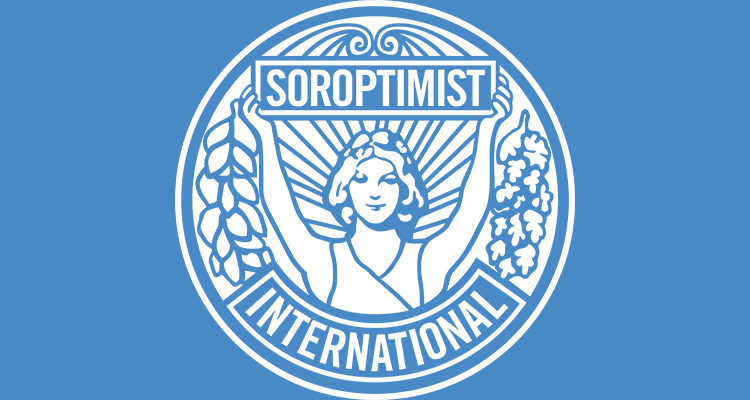In a continuation of the SI series of blogs on the Beijing Declaration and Platform for Action we discuss the gains and losses seen in women’s health.
“The right to the highest attainable standard of health is broadly recognised as a fundamental human right. The Beijing Declaration and Platform for Action (BPfA) defines health as “a state of complete physical, mental and social well-being and not merely the absence of disease or infirmity.”[1] As we reach the twenty-five year review of this landmark document, we can say that there have been considerable developments in specific areas of women’s health, but this year, many of these advances have not withstood the effects of the pandemic.
Prior to the eruption of COVID-19, we had seen improvements in women’s life expectancy and in several of the widespread causes of death associated with childhood and maternal mortality. But the pandemic has caused a drastic de-prioritisation of women’s health and fundamental rights. In a bid to contain the virus, governments have enforced restrictions on travel and reallocated medical personnel and resources, drawing them away from women’s health services. For millions of women, this has created and exacerbated barriers to accessing necessary healthcare. Last May, the World Health Organisation announced that “services for non-communicable diseases such as diabetes, high blood pressure, heart diseases, and cancer, have been significantly affected”[2]. Immunisation programmes and early detection screenings have been disrupted as community-based clinics have been drastically reduced. Meanwhile, there has been an alarming backslide in the availability and quality of maternal health care. These regressions will have a widespread and long-lasting impact on national and international targets for women’s health.
To safeguard women’s right to health, it is crucial to recognise that health is not purely determined by biological predispositions but by the socio-economic circumstance of the individual. As things stand, two out of five people do not have access to hand washing facilities[3]. Approximately 821 million people are undernourished[4]. Air pollution alone kills an estimated seven million people worldwide every year, with a disproportionate impact on women[5]. Less than half of the global population have access to essential health services, while every year 100 million people fall into extreme poverty as a result of health expenses[6].
The BPfA identifies data as a key instrument in improving women’s health. Without appropriate data to inform policies and programmes, healthcare services have been known to “perpetuate gender stereotypes and fail to consider socio-economic disparities”[7]. Healthcare programmes must be designed in consultation with those that the programme aims to affect. Too often health policies continue to overlook the experiences of girls, women with disabilities, migrants, and those from low-income backgrounds.
The lack of sex disaggregated data collated during medical trials leaves women vulnerable to misdiagnosis and inappropriate medical treatments with sub-optimal dosages and detrimental side effects. To affect change from the top down, there is a clear need for more women to hold decision making positions within the pharmaceutical sector. Without comparable sex disaggregated data and sufficiently funded research programmes across all areas of women’s health, women’s health will continue to lag behind men’s.
With large scale health emergencies predicted to become more frequent, there is, more than ever, a critical need for comprehensive, multilateral preparedness. We need more widespread training programmes to increase numbers of community physicians in rural and minority communities, we need better health education in schools, more prevalent and active commitments to clean air initiatives, sustainable nutrition programmes, and drastic improvements in safe water and sanitation. Otherwise, we will remain woefully behind the targets for women’s health that are presented in the Beijing Platform for Action.
The BPfA states that women experience “different and unequal opportunities for the protection, promotion and maintenance of their health”[8]. This is an unsettlingly accurate description of the experiences of millions of women throughout the course of this pandemic. As Soroptimists, I encourage you to consider the impacts of any changes you witness within healthcare provision and wherever possible, engage with your governments on these issues. We can encourage accountability by lobbying policymakers in the public and private sector to demand the collection of sex disaggregated data across all medicinal and healthcare departments. Soroptimist clubs across the world will continue to develop community projects which improve access to safe sanitation, nutrition, and health services. Never has it been more crucial that we continue our commitment to defend every woman’s right to enjoy the highest standard of health, across all stages of their life.
Recommended Reading:
Click HERE to read more from the Beijing +25 series of blogs.
Click HERE to discover more about SI’s position on the topics discussed.
[1] Beijing Platform for Action
[2]Maintain essential health services during COVID-19 response: WHO
[4] United Nations ‘Peace, Dignity and Equality on a Healthy Planet’
[5] ‘Clean Air as a Human Right’, United Nations Environment Programme


I understand Daytona has a local club. I am interested in missions and I have a local in Palm Coast that I would love to know if you all would be interested in partnering with us to do a local project to help either test for covid or provide the vaccines?